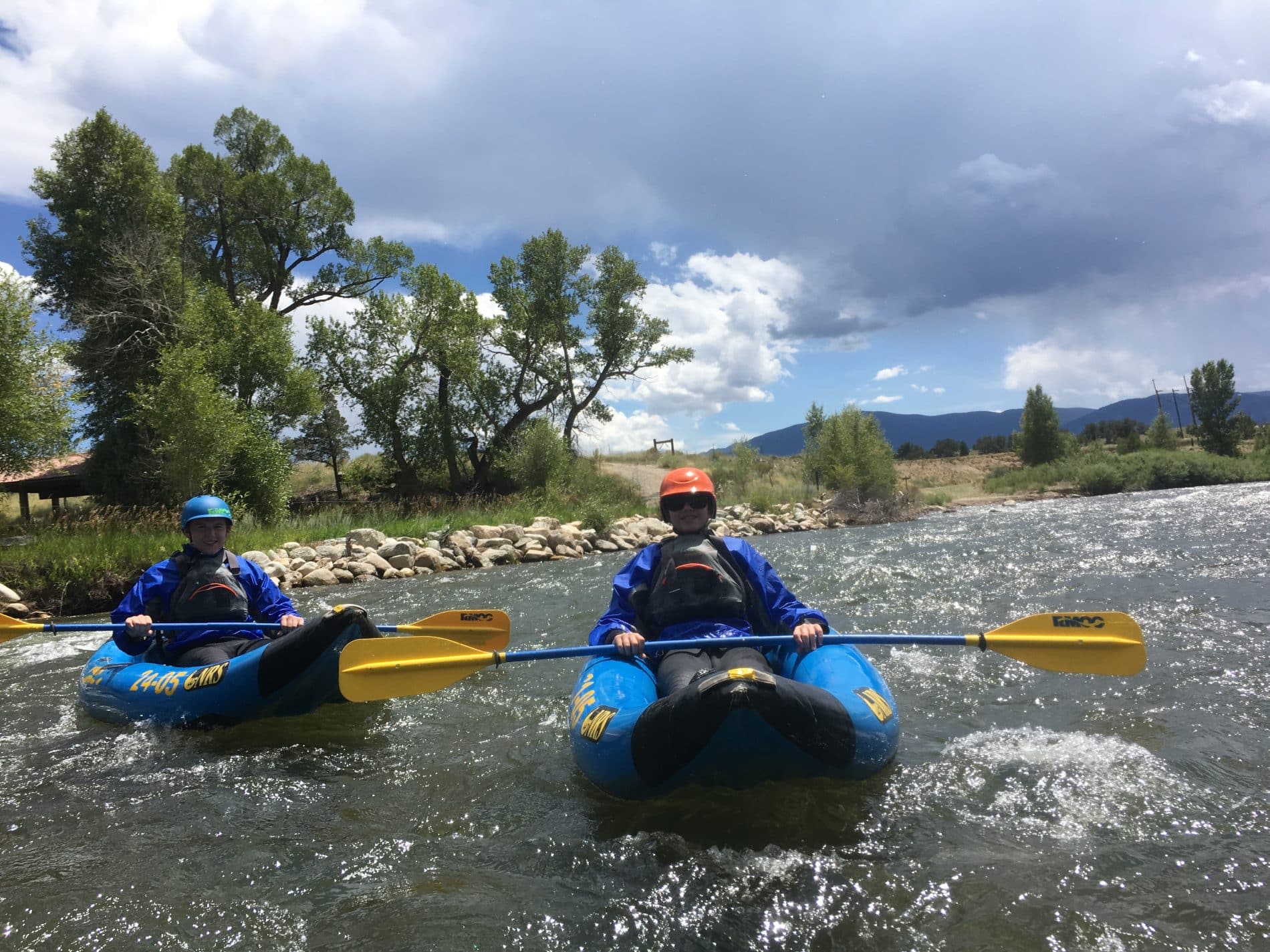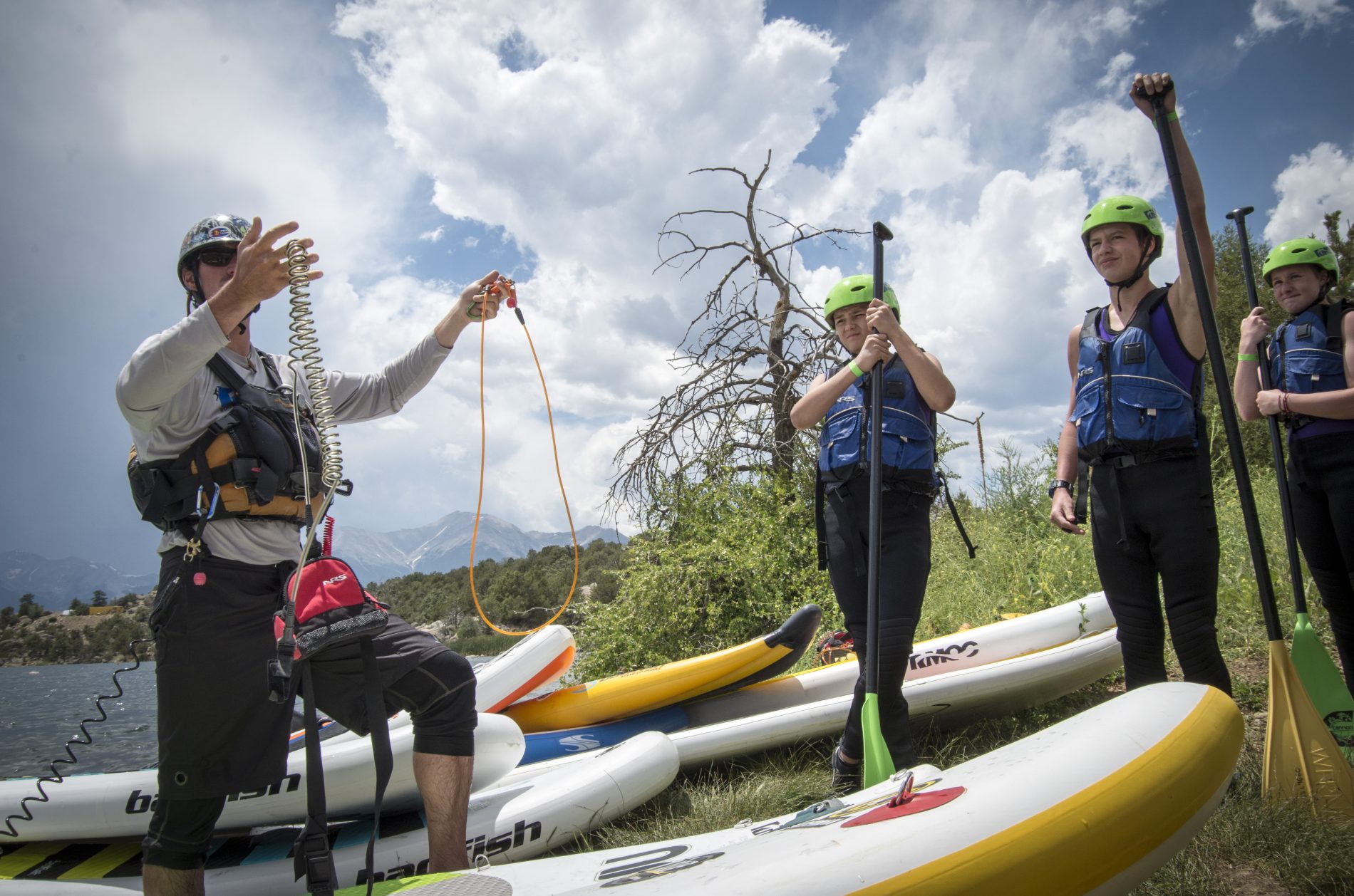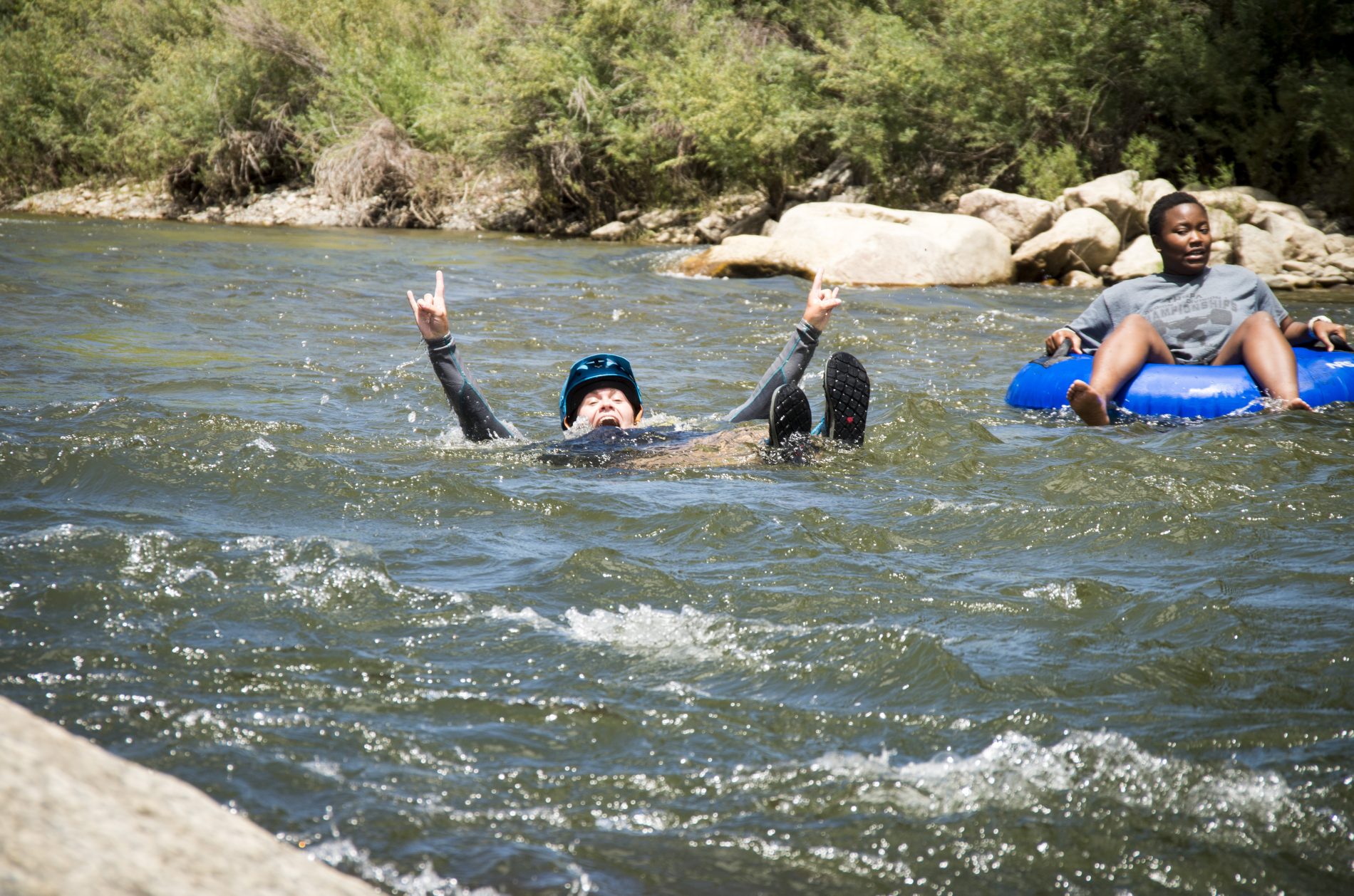
More than a lesson on how to SUP – Being an Effective Educator


More than a lesson on how to SUP – Being an Effective Educator
As an outdoor educator and mountain guide who specializes in rock climbing, mountaineering, and backcountry splitboarding, I recently decided to diversify my scope of practice by leveling up my stand-up paddleboard (SUP) skills by taking an American Canoe Association (ACA) SUP Instructor Certification Workshop (ICW).
Before the workshop started, I expected to be tested and certified in my SUP ability, including paddle strokes, stances, and technical rescue. However, after reflecting on the experience, I gained confidence in my SUP ability, as expected, and an opportunity to further develop my outdoor education pedagogy.
Being a guide is more than having physical and technical sport-specific abilities. It is more than being a good climber, advanced paddler, or extreme skier. Most of the time, guided clients are beginners who need help understanding basic sport-specific skills. People hire guides to teach them the necessary skills and techniques to advance their abilities.
“The most significant skill for being a successful guide is to be an effective educator.”
A core piece of an ACA SUP ICW curriculum is learning to be a competent educator by understanding broad lesson plan frameworks, utilizing different teaching modalities, catering to different teaching styles, and sending and receiving feedback.
When teaching any topic, it is an effective tactic to do what the ACA calls “sell it, show it, review it”. When broken down, this saying means you must present the skill to be learned and explain why it is pertinent to understand it or to “sell it.” Doing this sets the stage for the lesson.
Next is to “show it.” This step in the lesson involves using different teaching modalities that cater to various learning styles. People learn in different ways that can be understood as “thinkers,” “watchers,” “feelers,” and “doers”. Often, people fit into more than one style of learning. Therefore, instructors can provide productive lessons by considering each learning style.
It is best to use different teaching modalities when teaching a skill and providing a complete lesson that accommodates all learners. For example, you are teaching a lesson on the forward paddle stroke regarding SUPing. By silently demonstrating the paddle stroke and then verbally explaining the steps of the stroke, you have already catered to the “thinkers” and “watchers”.
Next, you have the students try the skill. This can be done differently through guided discovery, reciprocal style, or problem-solving. You can guide the discovery of understanding by encouraging students to paddle correctly and then purposely having them do it incorrectly. Having them play a game that mimics the instructor’s form is how you can create a reciprocal environment, and by allowing them to fail and work through their problems, you can let them problem-solve the skill. Using a teaching modality for the student’s practical skill application, you cater to the “feelers” and “doers”.
The last step of a lesson is to “review it.” This piece is the grounding element that makes the lesson come full circle. By reviewing the skill, its purpose, the proper form, and the wrong form while implementing different modalities, the lesson becomes comprehensive and accommodates different learning styles.
Providing and receiving feedback is the last critical component of the ACA SUP workshop and is also a crucial component of being a compassionate and committed outdoor educator. Teaching outdoor recreation must be fun and supportive, so it is essential to be able to provide positive feedback that is inclusive, respectful, and professional. Receiving feedback is equally important because every skill and guided experience can be critiqued for future improvements.
Conclusion
Taking an ACA SUP Instructor Workshop was more than a course on SUP. It was a workshop on how to educate others in the outdoors by accommodating people’s learning styles through fun and engaging modalities and how to utilize feedback to connect with other outdoor recreationists. The skills I gained from the workshop have made me a better paddler and educator. I am stoked to use these skills to advance my pedagogy of the activities I guide professionally and recreationally!


